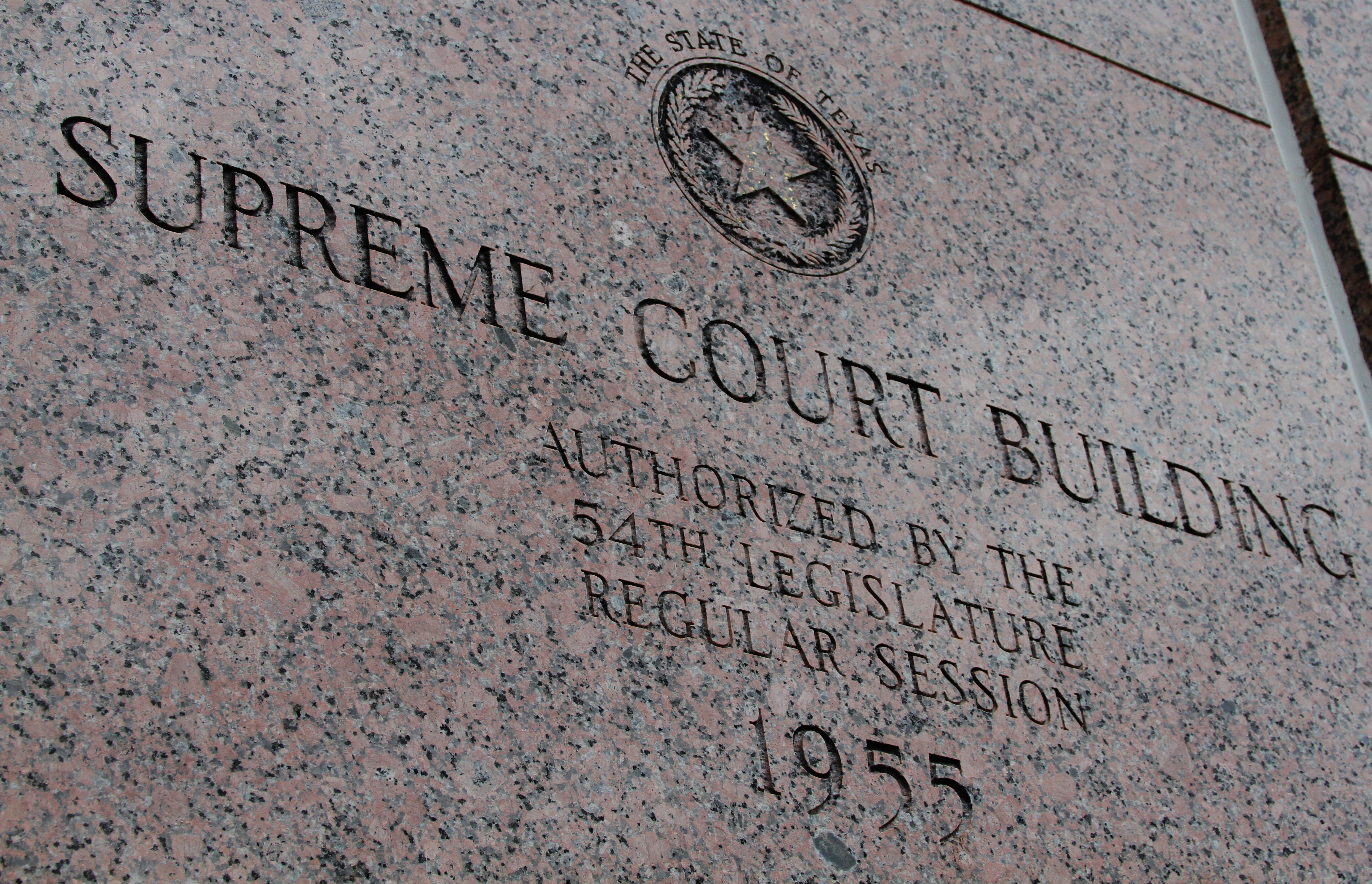Dallas Nat’l Ins. Co. v. Cruz
No. 13-0814
Case summary written by Ashleigh Hammer, Staff Member.
In February 2004, Gloria De La Cruz, a cook for Kona Kreek restaurant, fell at work injuring her left knee and back. Kona Kreek carried workers’ compensation insurance with the petitioner, Dallas National Insurance Company. De La Cruz’s initial injuries to her left knee and back were compensable under Kona Kreek’s insurance policy. After experiencing continuing pain in her feet, however, De La Cruz filed for lifetime income benefits (LIBs) in 2009 pursuant to § 408.161 of the Texas Workers’ Compensation Act (the Act). De La Cruz claimed that her 2004 injury to her back extended to and affected both of her feet at or above the ankle, causing permanent, total loss of use of them.
At the contested case hearing, the hearing officer determined that De La Cruz was not entitled to LIBs. An appeals panel of the division affirmed. However, the district court reversed and awarded LIBs, finding that her injury resulted in the total and permanent loss of use of both her feet at or above the ankle. The court of appeals affirmed. Dallas National appealed to the Supreme Court of Texas challenging the court of appeals’ determination that the evidence was sufficient to support the trial court’s judgment.
The Supreme Court of Texas noted that a challenge to the legal sufficiency of the evidence will only be sustained (1) if there is a complete absence of evidence of a vital fact; (2) if the court is barred by the rules of law or of evidence from giving weight to the only evidence offered to prove a vital fact; (3) if the evidence offered to prove a vital fact is no more than a mere scintilla; or (4) if the evidence establishes conclusively the opposite of the vital fact.
In relevant part, the Act does authorize LIBs for the loss of both feet at or above the ankle. “Loss” is defined in the statute as the total and permanent loss of use of the body part. Although the statute did not define “total loss of use,” the Court stated that total loss of use exists when, by reason of injury, the affected body part no longer possesses any substantial utility. Thus, the Court held that for the injury to be compensable, the loss of use must have resulted from injury to the physical member itself, not as a result from injury to another part of the body. Thus, the issue here was whether there was sufficient evidence to find physical injury to De La Cruz’s feet.
In analyzing this question, the Court looked first to a medical record that stated De La Cruz suffered from “lower extremity problems” due to nerve damage in her back. The Court found that this record was insufficient evidence to support the trial court’s award of LIBs because it did not indicate which lower extremities were affected or whether there was direct, physical harm to her lower extremities. The Court also discussed a second medical record that stated De La Cruz’s “ankle reflexes were absent bilaterally;” however, the Court again found this record to be insufficient evidence because it was not specific enough as to whether the condition was permanent in both ankles; whether the condition was caused by physical damage to the feet or a resultant cause of the back injury; and whether the condition resulted in a loss of function or total permanent loss of both feet.
Therefore, the Court recognized that there was some evidence to suggest that the back injury affected her feet. For De La Cruz’s feet injuries to be compensable under the Act, however, there had to be evidence of physical damage or harm directly to her feet, and that this injury caused the permanent and total loss of use of her feet. As there was no evidence supporting either of these conditions, the Court reversed the judgment of the court of appeals and rendered judgment for Dallas National.


